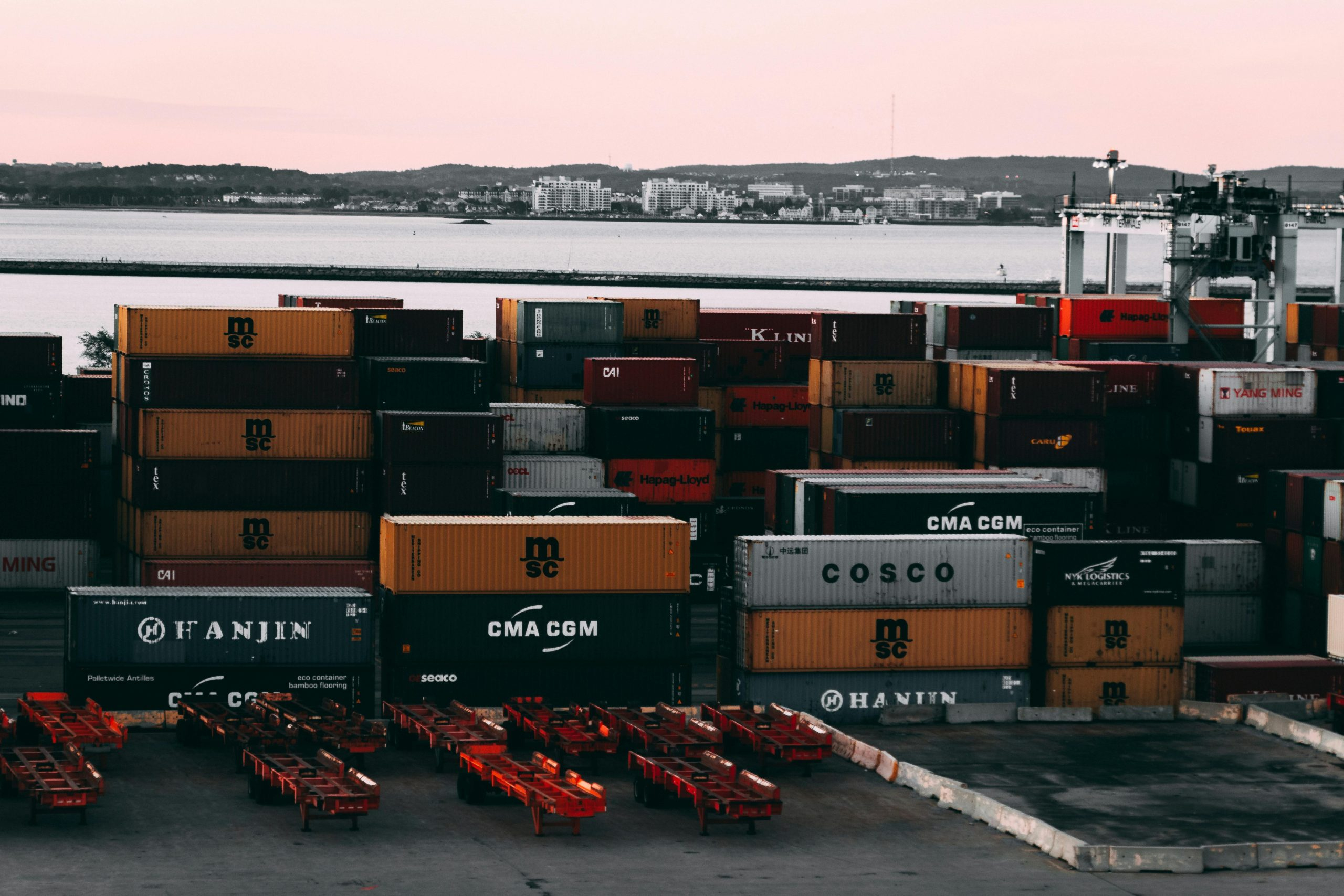Trade Disputes and World Trade Organization Rulings
As companies and countries compete in the global market, trade disputes inevitably arise. These conflicts can impede the flow of goods and services, disrupting the delicate balance of international trade. The World Trade Organization (WTO) has been a key player in resolving trade disputes between member countries and ensuring fair and open trade practices. In this article, we will take a closer look at the role of the WTO and how it handles trade disputes through its rulings.
The Importance of the WTO in Global Trade
The WTO was established in 1995 as an international organization responsible for overseeing and regulating global trade. With 164 member countries, the WTO plays a crucial role in shaping the rules and policies that govern international trade. Its main objective is to promote free and fair trade among countries, while also providing a platform for resolving trade disputes.
The WTO is a multilateral forum where member countries negotiate and make agreements on various aspects of international trade. These agreements cover areas such as tariffs, import/export rules, and intellectual property rights. They are designed to ensure that trade between member countries is conducted in a fair and transparent manner, without any discrimination or unfair practices.
Types of Trade Disputes
Trade disputes can arise for a variety of reasons, including disagreements over trade policies, tariffs, and subsidies. These conflicts can disrupt the flow of trade and have a significant impact on economies worldwide. The most common types of trade disputes include:
1. Tariff Disputes
Tariffs are taxes imposed on imports and exports between countries. They can be used as a tool to protect domestic industries or to discourage the import of specific goods. However, they can also lead to trade disputes if imposed unfairly or excessively. In such cases, the WTO may intervene to ensure that tariffs are reasonable and do not unfairly disadvantage any member country.
2. Subsidy Disputes
Subsidies are financial assistance provided by governments to domestic industries to make them more competitive in the global market. While subsidies can help promote growth and development, they can also distort trade and create unfair competition. The WTO closely monitors subsidies to ensure that they do not violate the trade agreements and give any country an unfair advantage over others.
The Role of the WTO in Resolving Trade Disputes
The WTO has a well-defined dispute settlement mechanism that provides an avenue for member countries to resolve trade disputes. When a member country believes that another member has violated the trade agreements, it can file a complaint with the WTO. The dispute settlement process involves several stages, including consultations between the parties, the establishment of a dispute settlement panel, and an appeal process.
The role of the WTO in resolving trade disputes is not to impose penalties or sanctions on the offending country. Instead, its main objective is to find a mutually agreeable solution that is consistent with the trade agreements and fair to all parties involved.
Impact of WTO Rulings on International Trade
The rulings of the WTO have a significant impact on the global trade landscape. By promoting free and fair trade, the WTO helps foster a level playing field for all countries, allowing businesses to compete on equal terms. This has led to increased economic growth and development, as well as improved access to goods and services for consumers worldwide.
Moreover, WTO rulings help maintain the stability and predictability of the global trading system. By providing a platform for resolving disputes, the WTO reduces the potential for trade conflicts to escalate into full-blown trade wars. This, in turn, has a positive effect on investor confidence and encourages businesses to engage in cross-border trade.
Conclusion
Trade disputes are an inevitable part of international trade, and the WTO plays a crucial role in ensuring that they are resolved in a fair and transparent manner. By promoting free and fair trade and providing a platform for resolving disputes, the WTO has significantly contributed to the growth and stability of the global economy. As trade among nations continues to grow, the role of the WTO in handling trade disputes will become increasingly important in maintaining a healthy and sustainable global trading system.








